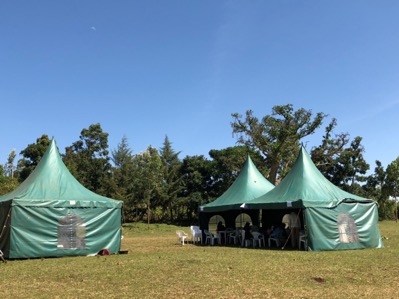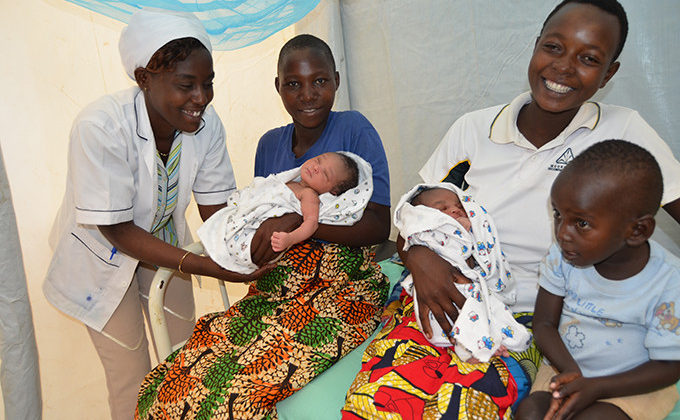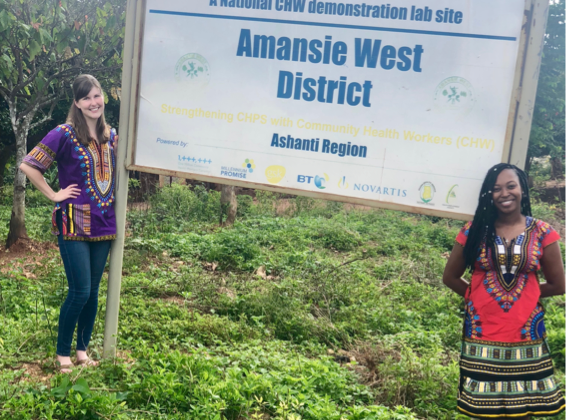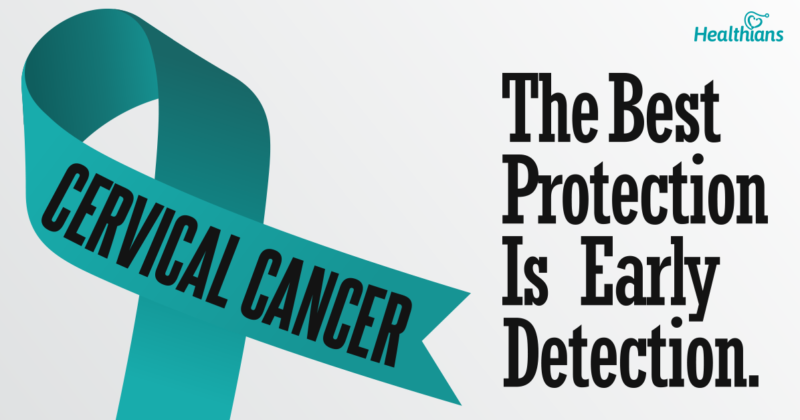
Community Health Campaign: Thoughts Station by Station
Not much changes yet everything seems different whenever I return to my home country of Kenya. I was reminded of my first time in Kisumu last year with Dr. Megan Huchko & Katelyn Bryant-Comstock and how anxious I was, even though I was in Kenya, I was completely unfamiliar with this region, the local language, and the culture. Last year, I was a rising junior filled with high hopes, yet naïve of the intricacies of proposing a project and carrying it out. This year, I have returned with much more practical expectations as well as a greater capacity to carry out my project: using GIS spatial mapping to enumerate the risk of loss-to-follow up for treatment of HPV. My project is taking place in Migori, Kenya as a part of the ongoing Cervical Cancer Screening & Prevention Study. The use of geographic information systems will help us create correlations between women’s sociodemographic variables as risk-factors and treatment loss-to-follow up rates....









